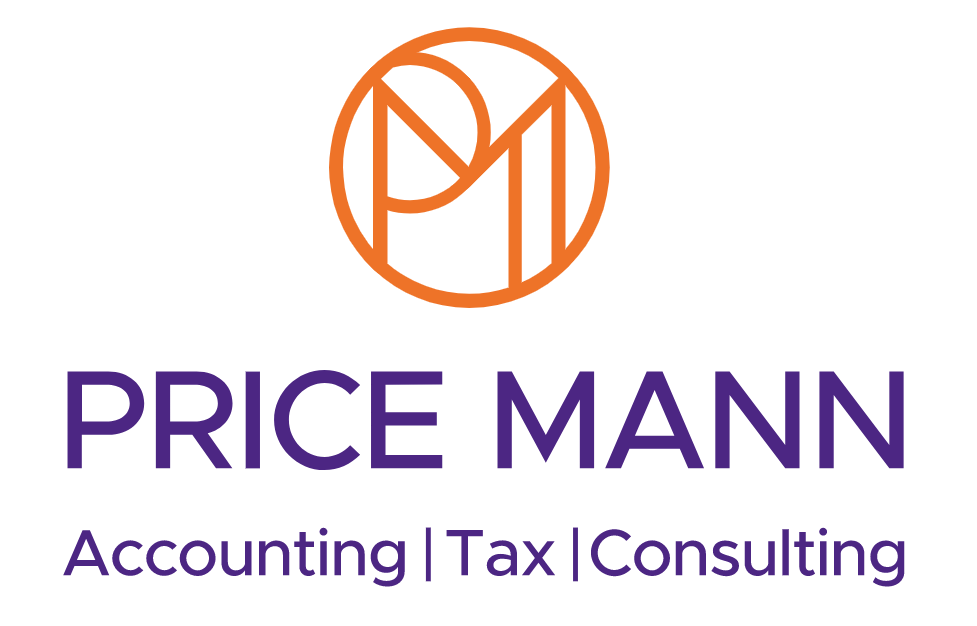Capital Gains Tax - Common mistakes to avoid
Capital Gains Tax
Common mistakes to avoid
There are various common errors associated with Capital Gains Tax that many individuals make annually, leading to potential issues such as:
- incorrect penalties
- extra interest charges
- additional tax liabilities
Annual Exempt Amount (AEA)
It is crucial to apply the correct tax-free allowance. The AEA has been decreased from £12,300 to £6,000 for individuals for disposals starting from 6 April 2023. This change should be accounted for in the 2023 to 2024 Self Assessment returns.
Furthermore, the AEA will further decrease to £3,000 for individuals for disposals starting from 6 April 2024. This adjustment needs to be reflected in the 2024 to 2025 Self Assessment returns.
UK residential property disposals
UK residents who dispose of an interest in UK residential property and there is Capital Gains Tax to pay will need to:
- submit a UK Property disposal return
- pay the Capital Gains Tax due within 60 days of completion
In case you are not an UK resident this rules still applies to you. There are additional filling requirements for non-residents.
In some situations Self Assessment return will also be required for the year.
Private Residence Relief (PRR)
Starting 6 April 2020, if the property is qualified for PRR, the final exempt period of ownership that is entitled for relief for the majority of circumstances is now only 9 months. This period should be only counted once in computing relief and should not be duplicated.
Letting Relief
From 6 April 2020 letting relief has been restricted. It is only accessible if you qualify and have made a claim for Private Residence Relief on your main residence and you have left part of that main residence. You would not be able to apply for it if the whole of the dwelling house was let for a time.
Business Asset Disposal Relief (BADR)
The £1 million is not an annual limit, it is a lifetime limit.
Amounts claimed under the previously named “Entrepreneurs’ Relief” are removed from the lifetime limit.
The £1 million lifetime limit refers to deferred gains brought into a charge. Earnouts from deferred consideration based on the Marren v Ingles principles are not qualified as “business assets” so BADR is not applicable.
BADR is not the same as Investors’ Relief. If you are claiming for BADR you should check that you have completed the boxes on the Self Assessment return BADR and not Investors’ Relief.
Investors’ Relief (IR)
Investors’ Relief is not similar to Business Asset Disposal Relief (BADR). The lifetime limits and the eligibility conditions are different. In case you are able to claim BADR then you are highly unlikely to be able to claim IR for the disposal of the same asset. A claim is unlikely if you or anyone connected to you is or has ever been an employee of the company whose shares you are disposing of.
Members’ Voluntary Liquidation
If an individual obtains or becomes entitled to receive a capital distribution from a company, made by a liquidator throughout the course of winding up, the amount is liable to tax under Section 122 of the Taxation of Chargeable Gains Act 1992 (TCGA 1992).
The date the person receives or becomes entitled to receive the distribution is called the distribution date. The date of distribution is not the date the liquidation is finalised.
Gift Hold Over Relief (GHO)
In case you are claiming GHO whether in your Self Assessment return or at another time, the HS295 or similar form must be submitted.
If you have any queries or need help always ask for professional advice.
Do not hesitate to contact us.













